Introduction
Privacy has become an important concern in todays society. The advancement and pervasiveness of information and communication technologies have a great positive impact in our society, they greatly affect how we socialize, the way we do business, or even our individual and social freedom. At the same time, these new technologies are enabling an unparalleled invasion of privacy. There has been a relatively recent awareness regarding government mass surveillance programs []. All this interest has motivated an increased interest from the research community in data privacy and privacy enhancing technologies. From more traditional disclosure control techniques rooted in the statistics community to more recent studies in social networks or data mining. The increase in research work from private and public sectors has driven the raise of funded research projects and academic production.
A relevant academic project funded by the Spanish Government is about to conclude in September 2014. The project was called ARES, Advanced Research on Information Security and Privacy, and, as expected, an important part of the project was to advance the research on data privacy.
In this book we give an overall picture of the most notable research work that has come out from the ARES project in relation to data privacy. All the works presented here, have been done under the project umbrella. At the same time these works do provide an state of the art picture of data privacy research, since they include important contributions already recognized in prestigious international conferences and journals.
In the following section we describe the book contents to give an idea of what the reader will find in the rest of book.
Table 1
Groups and their principal investigators taking part in the ARES project
Group | P.I. | Web page |
|---|
CRISES/URV | Josep Domingo-Ferrer | http://crises2-deim.urv.cat/ |
IF-PAD/CSIC | Vicen Torra | http://www.iiia.csic.es/~vtorra/ares/ |
KISON/UOC | Jordi Herrera-Joancomart, David Megias | http://kison.uoc.edu |
ISG/UPC | Miguel Soriano | http://isg.upc.edu/ |
GIDET/UIB | Josep Llus Ferrer-Gomila | http://secom.uib.es/ |
GSI/UMA | Javier Lopez | https://www.nics.uma.es/ |
The ARES Project and Data Privacy
The ARES project was part of the, currently extinguished, CONSOLIDER INGENIO 2010 program, possibly the most ambitious and competitive research program in Spain. The project is composed of six Spanish research groups in the area of information security and privacy. It started in October 2007 and will end in September 2014.
The specific groups that took part in the project are:
CRISES/URV: Secure Electronic Commerce group at Universitat Rovira i Virgili of Tarragona.
IF-PAD/CSIC: IF-PAD, Information Fusion for Privacy and Decision group, located at the Artificial Intelligence Research Institute of CSIC.
KISON/UOC: K-ryptography and Information Security for Open Networks group from the Universitat Oberta de Catalunya.
ISG/UPC: Information Security Group at the Universitat Politcnica de Catalunya, in Barcelona.
GIDET/UIB: the Interdisciplinary Group on Law and Telematics at the Universitat de les Illes Balears.
GSI/UMA: the Network Information and Computer Security Lab (NICS), former Information Security Group (GSI), from the Universidad de Mlaga.
A summary of the groups, the principal investigator, and web page for each group is given in Table . The project coordinator has been Josep Domingo-Ferrer from the CRISES/URV group.
The aim of the project was to create technologies to conciliate security, privacy and functionality in the information society.
More precisely, the research work of the project has been settle around three intertwined applications scenarios plus two transversal underpinning areas:
Scenario 1: protection of critical information infrastructures.
Scenario 2: ubiquitous computing.
Scenario 3: secure electronic commerce and digital content distribution.
Underpinning area 1: data privacy technologies.
Underpinning area 2: technical-legal issues.
Each gives up to a specific workpackage, two of them transversal: data privacy technologies and technical-legal issues. Two more workpackages are intended for management and for field trial and dissemination. Table summarizes the workpackages and their interrelation. A links from WP

to WP

means that work done in WP

is used by WP

.
Table 2
Workpackages of the ARES project with its leader group
WP1 | Critical infrastructure protection | GSI/UMA |
|---|
WP2 | Ubiquitous computing | ISG/UPC |
WP3 | Secure e-commerce and digital content distribution | KISON/UOC |
WP4 | Data privacy technologies | IF-PAD/CSIC |
WP5 | Technical-legal issues | GIDET/UIB |
WP6 | Field trial, technology transfer, and dissemination | CRISES/URV |
WP7 | Management | CRISES/URV |
As shown, research on privacy is gathered in an specific work package within the project. The WP4, Data privacy technologies, is a transversal worpackage which has been leaded by the IF-PAD/CSIC group. Its main (broad) objective has been to develop or adapt privacy technologies to solve privacy problems aroused form other parts of the projects.

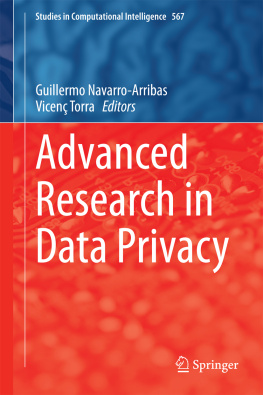
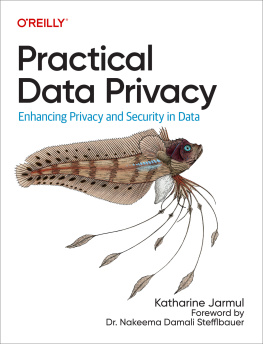
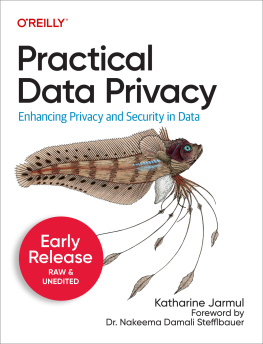
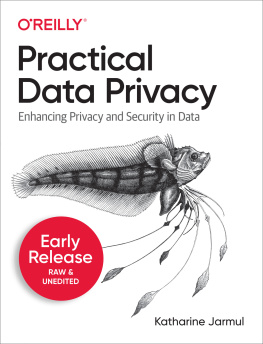
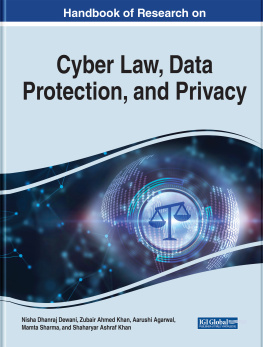

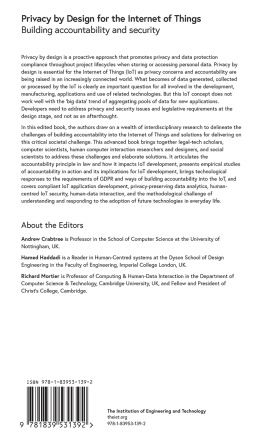
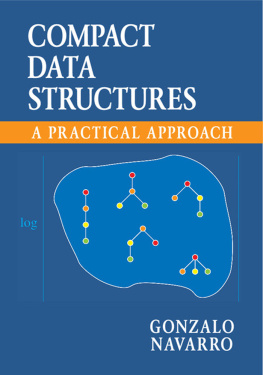

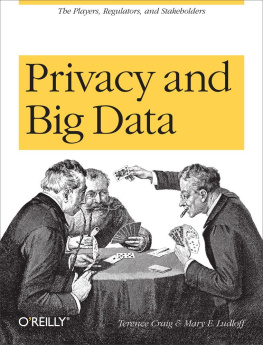


 to WP
to WP  means that work done in WP
means that work done in WP  is used by WP
is used by WP  .
.